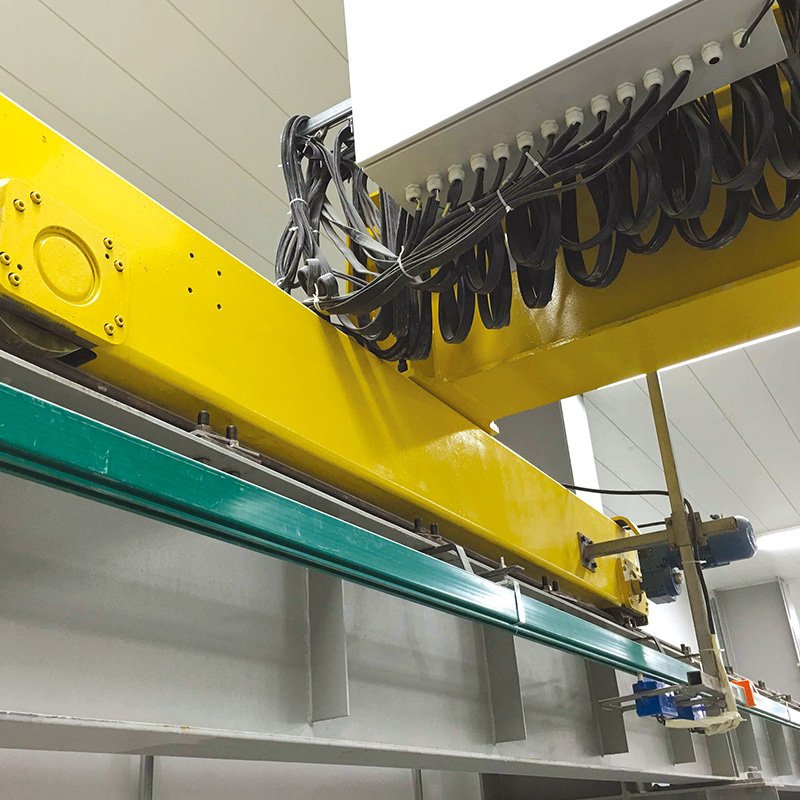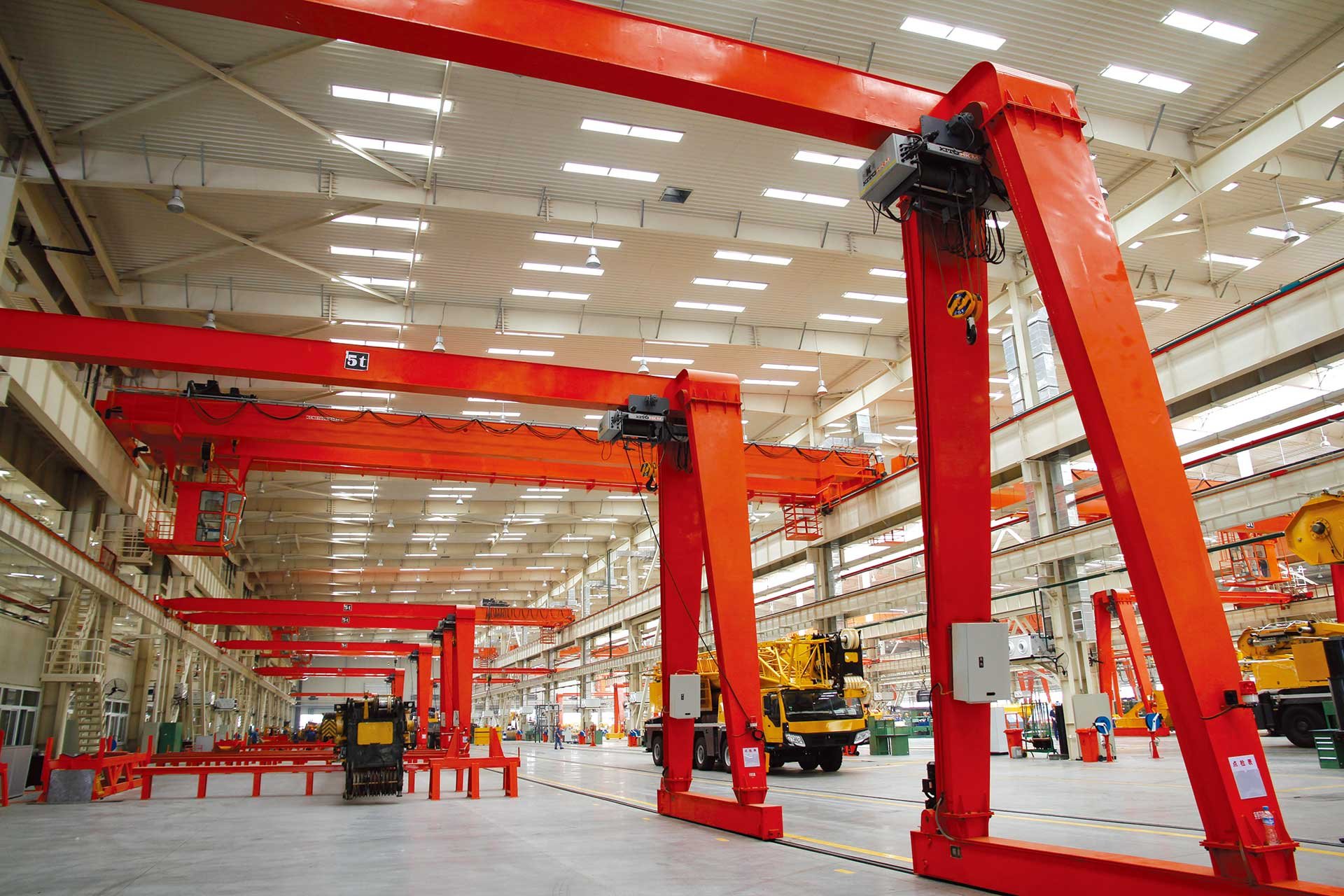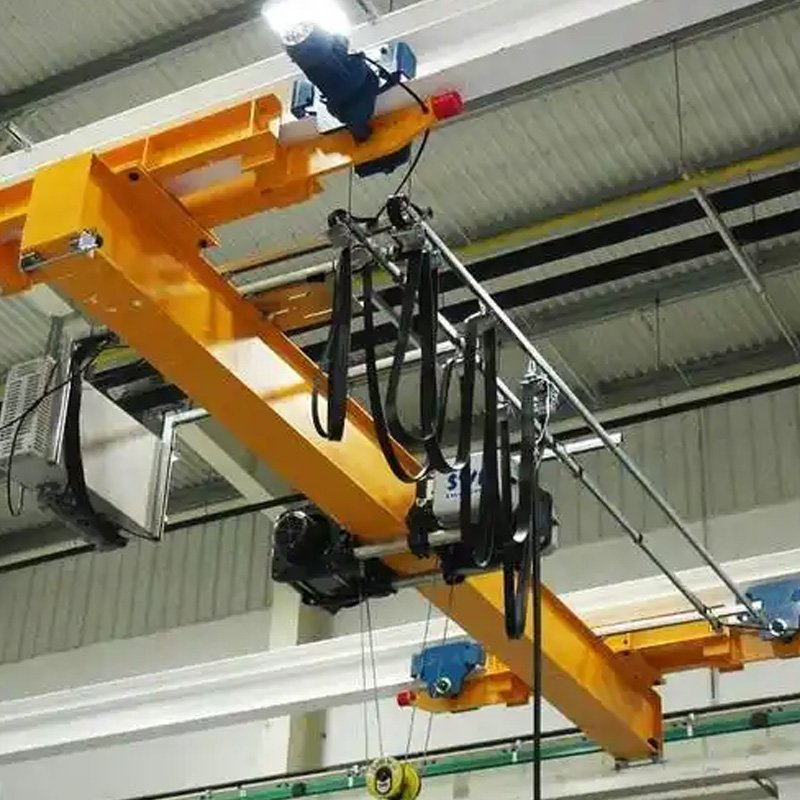An overhead crane operator plays a critical role in modern industrial operations, from manufacturing plants to construction sites and warehouses. These professionals are responsible for lifting, moving, and placing heavy materials safely and efficiently. Despite the importance of their work, crane operators face a variety of challenges that can impact safety, productivity, and overall job performance. This article explores the common challenges encountered by overhead crane operators and offers practical solutions to overcome them.
Physical and Mental Demands of the Job
Operating an overhead crane is physically and mentally demanding. Operators often work long hours, maintaining high levels of concentration while controlling heavy machinery. Fatigue can reduce reaction times and increase the risk of mistakes. Additionally, operating in environments with high temperatures, loud noise, or limited visibility can further strain the operator.
Solutions:
- Implement regular rest breaks to reduce fatigue.
- Design workstations and control cabins with ergonomics in mind to minimize physical strain.
- Provide wellness programs and occupational health support to maintain mental and physical health.
Safety Risks and Accident Prevention
Safety is the top priority for any overhead crane operator. Mishandling loads, mechanical failures, or miscommunication can lead to serious accidents. Lifting heavy objects at height increases the potential for injury to both the operator and nearby personnel.
Solutions:
- Follow strict safety protocols and standard operating procedures.
- Conduct routine inspections and maintenance of crane equipment.
- Use personal protective equipment (PPE), such as helmets, gloves, and safety harnesses.
- Implement a clear system of signals and communication for all personnel involved in lifting operations.

Training and Certification Challenges
Different industries and countries have varying training and certification requirements for overhead crane operators. Lack of proper training can result in insufficient skills and unsafe operations.
Solutions:
- Attend certified training programs to gain formal credentials.
- Participate in ongoing professional development to stay updated with industry standards.
- Companies can provide internal training sessions and simulation exercises to improve skills safely.
Communication and Coordination Issues
Effective communication is essential for safe and efficient crane operation. Misunderstandings between the operator and ground personnel can result in errors or accidents. Industrial environments often have high noise levels, making verbal communication challenging.
Solutions:
- Use standard hand signals to communicate effectively in noisy environments.
- Equip operators with radios or intercom systems for reliable communication.
- Conduct regular team coordination drills to enhance collaboration between crane operators and ground staff.
Handling Complex Loads and Diverse Work Environments
Overhead crane operators frequently deal with loads of varying shapes, sizes, and weights. Switching between different workplaces, such as factories, warehouses, or construction sites, can also pose challenges.
Solutions:
- Learn advanced load-handling techniques to manage irregular shapes and heavy objects safely.
- Plan lifting paths and operations in advance to avoid obstacles and hazards.
- Familiarize oneself with specific site conditions before starting operations to minimize risks.

Technological Adaptation
With the growing adoption of smart and automated crane systems, operators must adapt to new technologies. Modern cranes often include digital controls, remote monitoring, and automated features, which can be intimidating for operators accustomed to traditional equipment.
Solutions:
- Provide training on digital control systems and automated crane functions.
- Encourage hands-on practice and simulation exercises to build confidence.
- Stay informed about technological trends in industrial lifting to enhance operational efficiency.
Conclusion
The role of an overhead crane operator is both demanding and essential in modern industries. Operators face a range of challenges, including physical and mental strain, safety risks, training requirements, communication difficulties, handling complex loads, and adapting to new technologies. By implementing proper safety measures, providing comprehensive training, encouraging effective communication, and embracing technology, both operators and employers can overcome these challenges.
For companies seeking efficient and safe material handling solutions, investing in well-trained overhead crane operators is crucial. Ensuring that operators have the right skills, equipment, and support not only enhances workplace safety but also improves productivity and operational efficiency. If you want to upgrade your lifting operations or train your operators effectively, consulting with experienced crane solution providers can provide tailored guidance and support.
Email: yonghaoqizhong@163.com





